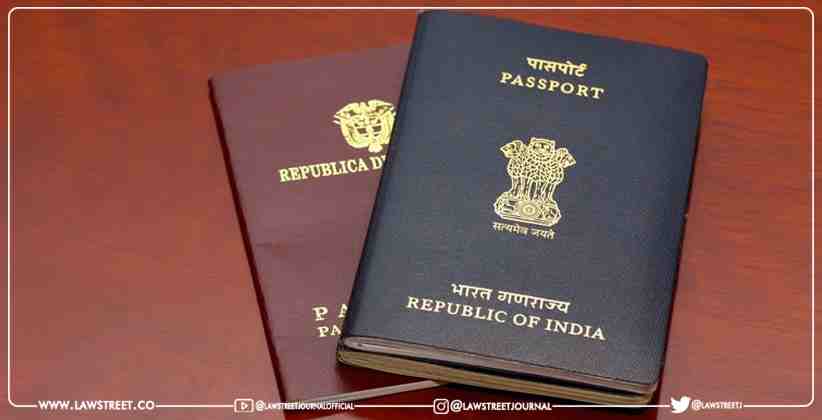Cuttack: The Orissa High Court recently ruled in favour of BJDs Lok Sabha MP Anubhav Mohanty and granted him a decree of divorce on grounds of mental cruelty.
A Bench of Justices Arindam Sinha and Sibo Sankar Mishra was prompted to do so after noting that there was no physical intimacy between him and his actor-turned politician wife Varsha Priyadarshini.
Moving on, even if the categoric admission by paragraph 80 in her cross-examination is not taken in isolation and allowing for her expression of consummation to also mean physical intimacy, the answers given to the questions reproduced above leave no doubt in our mind that there was no physical intimacy between the parties. Appellant cannot be faulted for waiting in hope of consummation, causing expiry of the prescribed period for annulment. The private messages exhibited demonstrate his eagerness to get physical with respondent-wife. Hence, his contention of mental cruelty.
After noting the respondent-wifes omission to bring on record physical incapacity and said it was not required for her to visit any doctor, led the court to conclude that it was her unilateral decision to deny her husband.
After the Supreme Court, in Varshas plea, transferred the case to a family court in Cuttack, Anubhav was at the receiving end of an unfavourable order. The court held that he had failed establish that Varsha refused and avoided consummation of their marriage and caused mental cruelty to him by her conduct towards him and his family members. This decision was challenged by Anubhav before the high court.
After going through the various documents and necessary evidence, the Court said that,
All this appears to be an attempt at explanation of clear admission of respondent-wife on non-consummation of the marriage, leading to inevitable conclusion that there could not have been physical intimacy
And, so the high court differed with the family courts reasoning. The latter interpreted appellants statement of the relation being not satisfying or unsatisfactory to mean that there must have been some contact, which was not to the satisfaction of appellant.
This interpretation was used to deal with or rather overlook respondents clear admissions regarding her awareness of Gynecologist consulted by her husband, particularly regarding non-consummation of the marriage and no physical contact. The finding cannot also otherwise be sustained simply because if respondent-wife is to be believed on her pleading, of continued physical relations without her consent as in there having been no situation of allowing it, dissatisfaction would have to be taken as her grievance, for which she had refused to consult the doctors, the court stated.








![Orissa HC awards Rs 10 lakh to father who lost child to stray dog attack [Read Judgment]](/secure/uploads/2023/12/lj_3371_Stray_dog_menace.jpg)
![Indian Courts this Week: Law Street Journal's Weekly Round-Up of SC & HCs [Jan 1 - Jan 6]](/secure/uploads/2024/01/lj_9050_WhatsApp_Image_2024-01-06_at_12.07.10_PM.jpeg)




